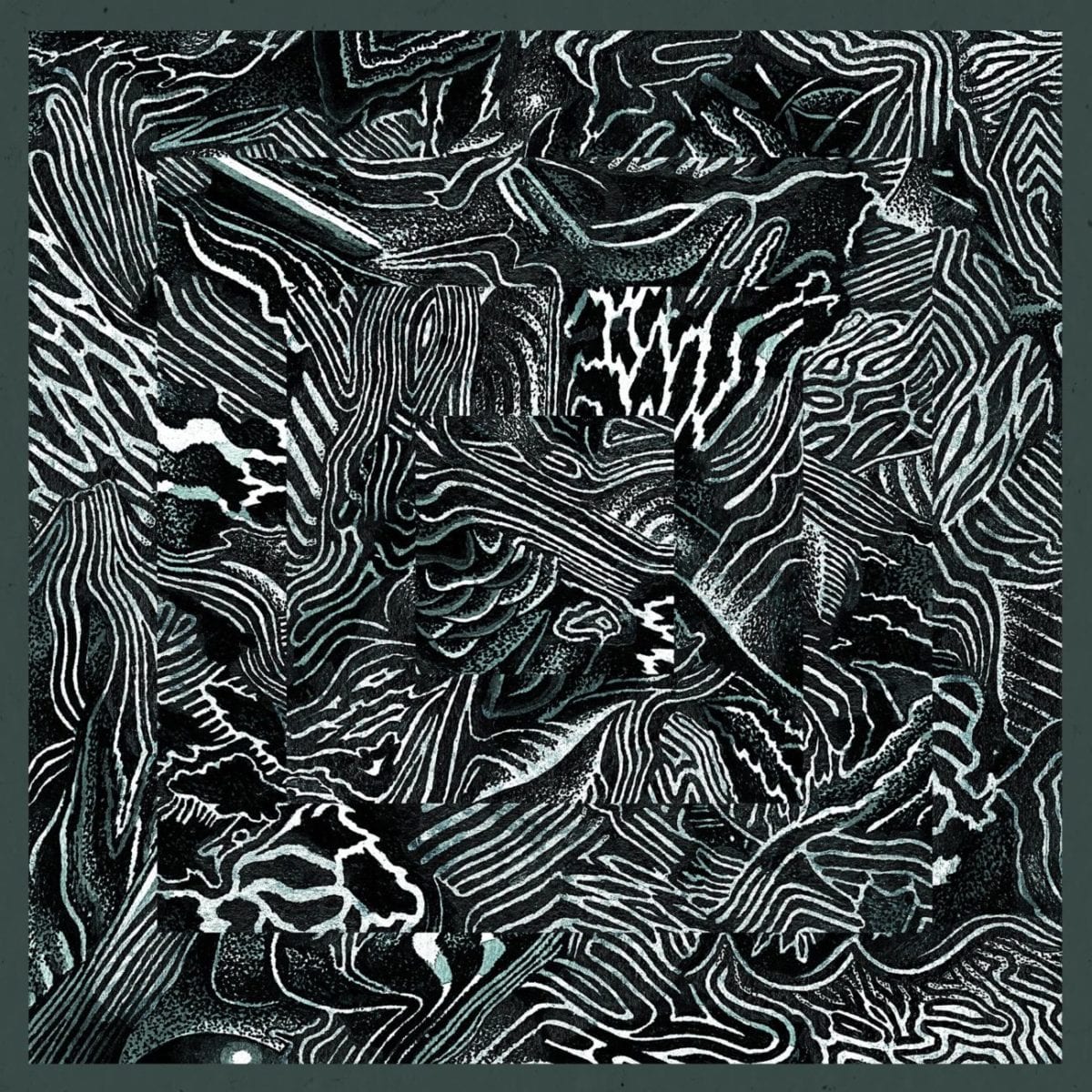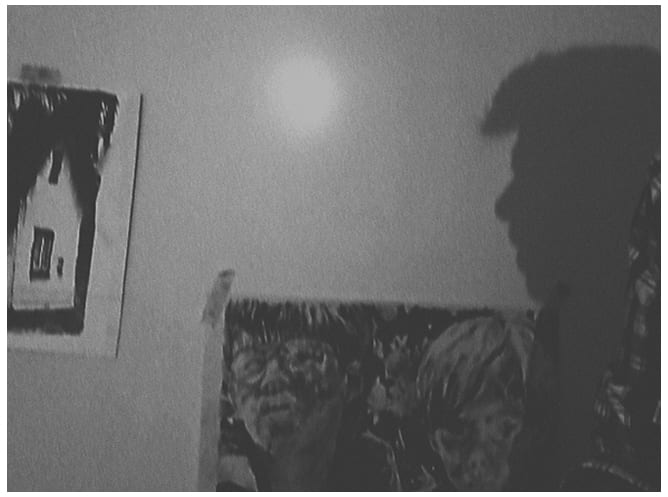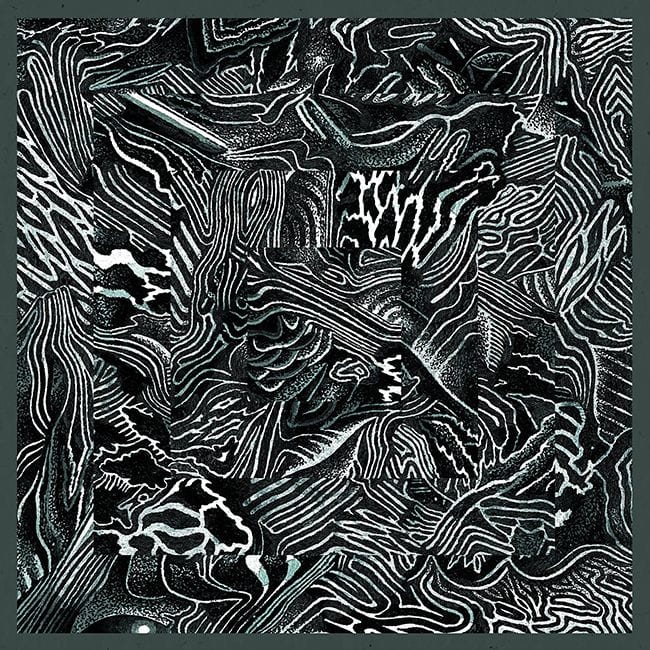
Since setting up shop in 2014, Toronto’s Marionette label has emerged as a reliable source for genuinely leftfield house and techno. Release number four is a 7-track EP courtesy of Swiss producer Benjamin Kilchhofer, better known for his work on Holger under the alias Timoka.
The sounds on Dersu derive from modular synth patches and Kilchhofer’s own field recordings, continuing Marionette’s association with idiosyncratic melodies and analogue overtones. The up-tempo tracks on the EP – ‘Laar’, ‘Chanka’, ‘Bittern’ and ‘Tau’ – weave together oscillating synths, deft basslines and tumbling pads to great effect. The chugging drive of ‘Laar’ recalls the textured mutations that characterised Holden’s The Inheritors, whilst the more minimal ‘Tau’ takes things in a more muted direction, its beats sounding both terse and fragile.

"The sounds on Dersu derive from modular synth patches and Kilchhofer’s own field recordings, continuing Marionette’s association with idiosyncratic melodies and analogue overtones."
Of all the dancier cuts, ‘Bittern’ is probably the most impressive. A haunting woodwind melody, that sounds simultaneously synthetic and organic, accompanies syncopated rhythms and bubbling synths, whilst in the background a recorded sample of what might be a bittern quietly sings its song on loop. It’s a standout piece of dreamy electronica, drawing the listener into its arrangement yet keeping things feeling light, airy and strange.
This is more than an EP of dance tracks though. The disarmingly stripped back opener ‘Lefu’, a skeletal outing in tribal drums, unfamiliar animal calls and jazzy percussion, establishes the esoteric flavour of the record. Strangeness and innovation is a sustained flavour. ‘Amba’ similarly trades in sparsity, a certain graveyard aesthetic written into its slow meandering keys and disorientating samples, whilst the sticky ambience of closer ‘Klamm’ gives the whole thing a final greyed-out wash.
The (surely intended) sense of unease these tracks induce in the listener provides a counterpoint to the more upbeat moments, giving Dersu a greater breadth of sound and coherence than many full-length electronic albums.

"Kilchhofer can be heard to be exploring that same theme as it presents itself a century later, an era in which technological advances are blurring the distinction between the human and the nonhuman."
Kilchhofer has stated that Dersu Uzala by Wladimir Arsenjev and its cinematic adaptation were the inspiration for the record (and provided some of its samples). More specifically, it is Dersu Uzala’s theme of humanity’s relationship with nature that Kilchhofer has said he is interested in. Yet, in many respects Dersu couldn’t be further from ideas about the pastoral or the natural.
As often as not, Dersu presents an aesthetic in which the organic and technological sound entangled or embedded in one another. If Arsenejev’s book is about the changing shape of human-nature relations in the early twentieth century then, in a very different manner, Kilchhofer can be heard to be exploring that same theme as it presents itself a century later, an era in which technological advances are blurring the distinction between the human and the nonhuman.
And that’s exactly what makes Dersu sound, at times, profound: the balance between a lightness of touch in his approach to music production and the depth of intention silently working behind it.
Dersu is scheduled for release in May 2016 via Marionette, order a copy from Phonica.
- Read our review of Maxim Wolyzn ‘Affirm, Deny, Reconcile’ released on Marionette (2015).
- Read our review of Laurine Frost ;A Fading Virtue By Passing Time’ released on Marionette (2015).
TRACKLIST
1. Lefu
2. Laar
3. Amba
4. Chanka
5. Bittern
6. Tau
7. Klamm
Discover more about Kilchhofer and Marionette on Inverted Audio.